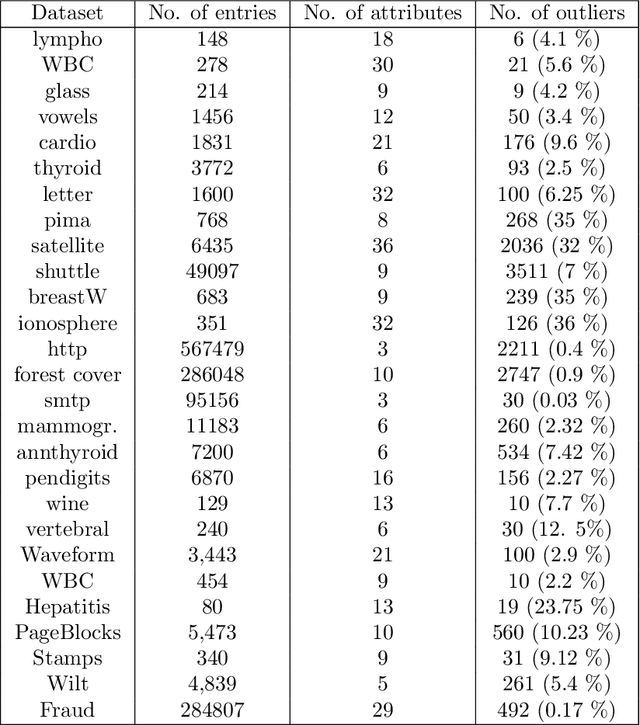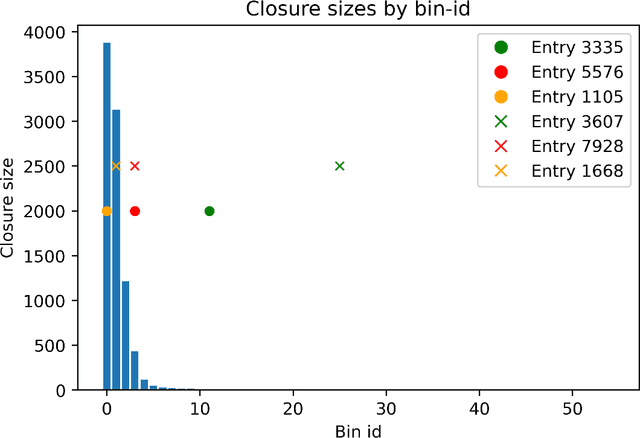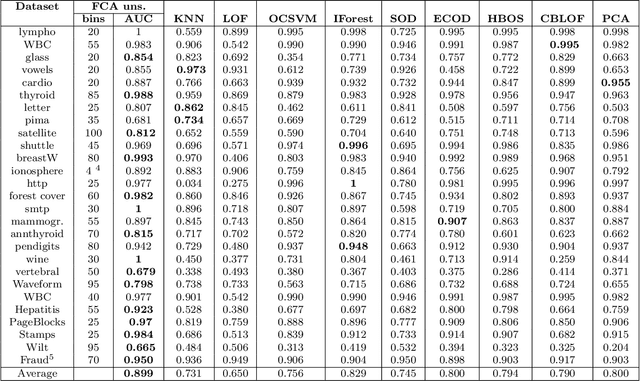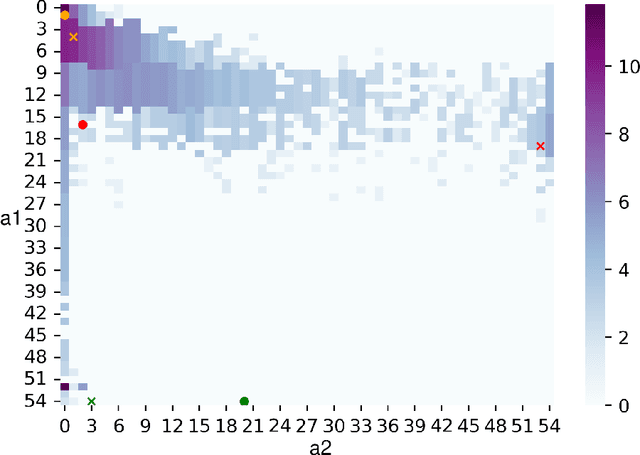Flexible categorization using formal concept analysis and Dempster-Shafer theory
Paper and Code
Aug 23, 2024



Categorization of business processes is an important part of auditing. Large amounts of transactional data in auditing can be represented as transactions between financial accounts using weighted bipartite graphs. We view such bipartite graphs as many-valued formal contexts, which we use to obtain explainable categorization of these business processes in terms of financial accounts involved in a business process by using methods in formal concept analysis. We use Dempster-Shafer mass functions to represent agendas showing different interest in different set of financial accounts. We also model some possible deliberation scenarios between agents with different interrogative agendas to reach an aggregated agenda and categorization. The framework developed in this paper provides a formal ground to obtain and study explainable categorizations from the data represented as bipartite graphs according to the agendas of different agents in an organization (e.g. an audit firm), and interaction between these through deliberation. We use this framework to describe a machine-leaning meta algorithm for outlier detection and classification which can provide local and global explanations of its result and demonstrate it through an outlier detection algorithm.
 Add to Chrome
Add to Chrome Add to Firefox
Add to Firefox Add to Edge
Add to Edge